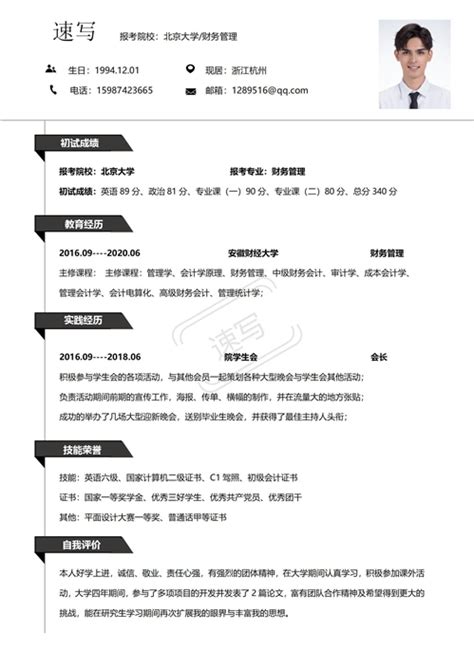Title: Understanding the Complexity of the English Language Section in the Postgraduate Entrance Examination
In the realm of postgraduate entrance examinations, particularly the English Language section, simplicity is a relative term. While some aspects of the exam might appear straightforward, the overall complexity arises from the multifaceted nature of language comprehension and expression. Let's delve deeper into this topic.
1. Reading Comprehension:
Reading comprehension is a crucial component of the English Language section. It involves understanding passages from various disciplines, ranging from humanities to sciences. While the texts might seem simple in terms of vocabulary, comprehending the underlying context, identifying key ideas, and discerning the author's tone require critical thinking skills.
Guidance:
Practice reading diverse materials to enhance comprehension abilities.
Focus on understanding the main idea, supporting details, and author's perspective.
Develop strategies for skimming and scanning to manage time effectively during the exam.
2. Vocabulary:
Vocabulary forms the foundation of language proficiency. The complexity lies not only in memorizing words but also in understanding their nuances, usage in different contexts, and collocations. Moreover, the exam often includes idiomatic expressions and phrasal verbs, adding another layer of complexity.
Guidance:
Build vocabulary systematically by learning words in context rather than in isolation.
Utilize flashcards, word lists, and mnemonic techniques for retention.
Practice using newly learned words in sentences to reinforce understanding.

3. Grammar and Syntax:
Correct usage of grammar and syntax is imperative for effective communication. The exam assesses candidates' ability to apply grammatical rules accurately, including tenses, subjectverb agreement, sentence structure, and punctuation.
Guidance:
Review fundamental grammar rules and common error patterns.
Practice identifying and correcting grammatical errors in sentences.
Pay attention to sentence coherence and cohesion for clear expression of ideas.
4. Writing Skills:
The writing component evaluates candidates' ability to articulate ideas coherently and persuasively within a given framework. This involves organizing thoughts logically, using appropriate vocabulary and grammar, and structuring the essay effectively.
Guidance:
Practice writing essays on a wide range of topics, adhering to the designated word limit.
Develop a clear thesis statement and support it with relevant examples and evidence.
Revise and edit your essays for clarity, coherence, and grammatical accuracy.
5. Listening Comprehension:
In addition to reading and writing, some exams include a listening comprehension section. This tests candidates' ability to understand spoken English, including lectures, conversations, and announcements.
Guidance:
Familiarize yourself with different English accents and speech patterns through podcasts, videos, and audio materials.
Practice listening to various genres of spoken English and take notes to improve retention.
Focus on understanding the main ideas, supporting details, and speaker's intent.
In conclusion, while the English Language section of postgraduate entrance examinations may seem daunting, it can be conquered through diligent preparation, strategic practice, and a comprehensive understanding of language principles. Embrace the complexity as an opportunity for growth, and approach each component of the exam with confidence and clarity.
版权声明
本文仅代表作者观点,不代表百度立场。
本文系作者授权百度百家发表,未经许可,不得转载。











